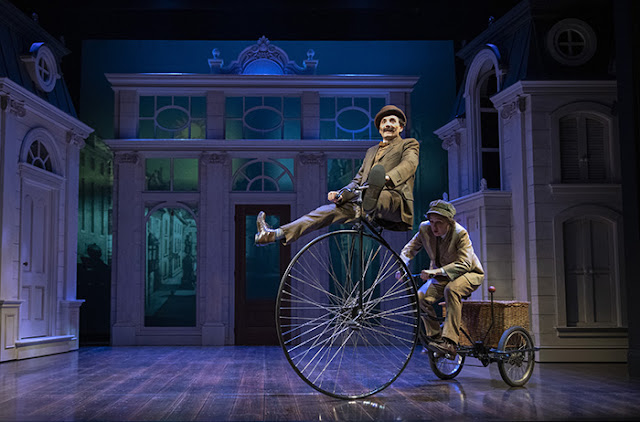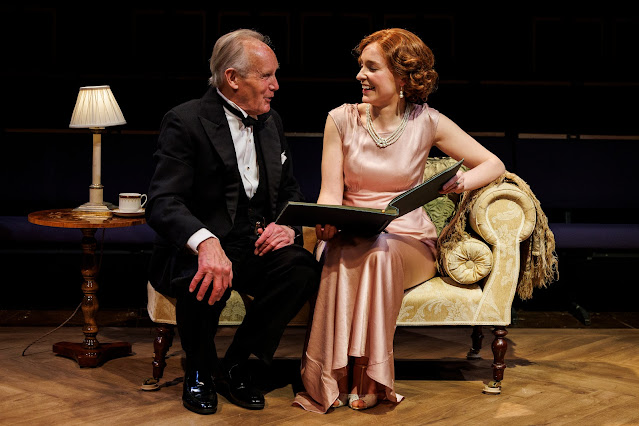 |
| Ewan McGregor and Jennifer Connelly in American Pastoral |
The house I grew up in was in a gracious suburb of Montreal that had been restricted by a “gentleman’s agreement” – that is, no houses were sold to Jews – until, in the early fifties, it expanded northward and the old rules were no longer imposed on the new properties. Still, when my parents bought our house we were the first Jews on the street, and though most of our neighbors were warm and welcoming (a Chinese family was already ensconced two doors down), there was one family at the end of the block that refused to acknowledge us. I was only three or four when my father bought the first television set on the street, so I only learned from him years later about the day these anti-Semites showed up at our door, like all of our other neighbors, to get a peek at this brand-new marvel. “What did you do?” I asked my dad, but of course I knew him well enough to anticipate his answer: “I invited them in.” My father, a man of unassailable integrity, was also an accommodating one; he believed in people getting along, and he made his philosophy work – he counted non-Jews as well as Jews among his friends all his life.
I thought of my father when I read
Philip Roth’s great 1997 novel
American Pastoral – now a movie, directed by and starring Ewan McGregor – which offers, as one of its two great themes, the idea of assimilation as the essential dream of Jewish Americans and then dismantles it. Its protagonist is Seymour “Swede” Levov, a Jewish kid from Newark who, through a combination of uncanny athletic gifts (in high school he’s a football, basketball
and baseball star) and golden-boy Wasp looks, gets to live the charmed life denied to most Jews in the forties and fifties. Roth’s narrator, Nathan Zuckerman, who pals around with Swede’s kid brother Jerry and, like all the other Newark youngsters, basks in Seymour’s reflected glory, refers to him as “our very own Swede, a boy as close to a goy as we were going to get” whose “steep-jawed, insentient Viking mask” permitted him to wear his Jewishness lightly. “[T]hrough the Swede,” Nathan explains, “the neighborhood entered into a fantasy about itself and about the world . . . our families could forget the way things actually work . . .” (They could also forget about the war; this part of the story takes place in the early forties.) The Swede takes over his father’s glove business, Newark Maid, but he successfully defies his father’s insular mentality and marries a Gentile, Dawn Dwyer, Miss New Jersey of 1949, and moves out to the country – Old Rimrock, N.J., bona fide Wasp territory. (Swede Levov anticipates another indelible Roth creation, Coleman Silk in
The Human Stain, a black man so light-skinned he can pass for white.) Nathan, crossing paths with him again in the mid-nineties, assumes that his life has been “most simple and most ordinary and therefore just great, right in the American grain.” But then he runs into Jerry shortly after at their forty-fifth high school reunion and finds out that the Swede, recently and unexpectedly dead, lived for three decades under the cloud of a tragedy: his daughter Merry, radicalized as a teenager during the Vietnam War, had bombed the Old Rimrock post office and gone underground.



















